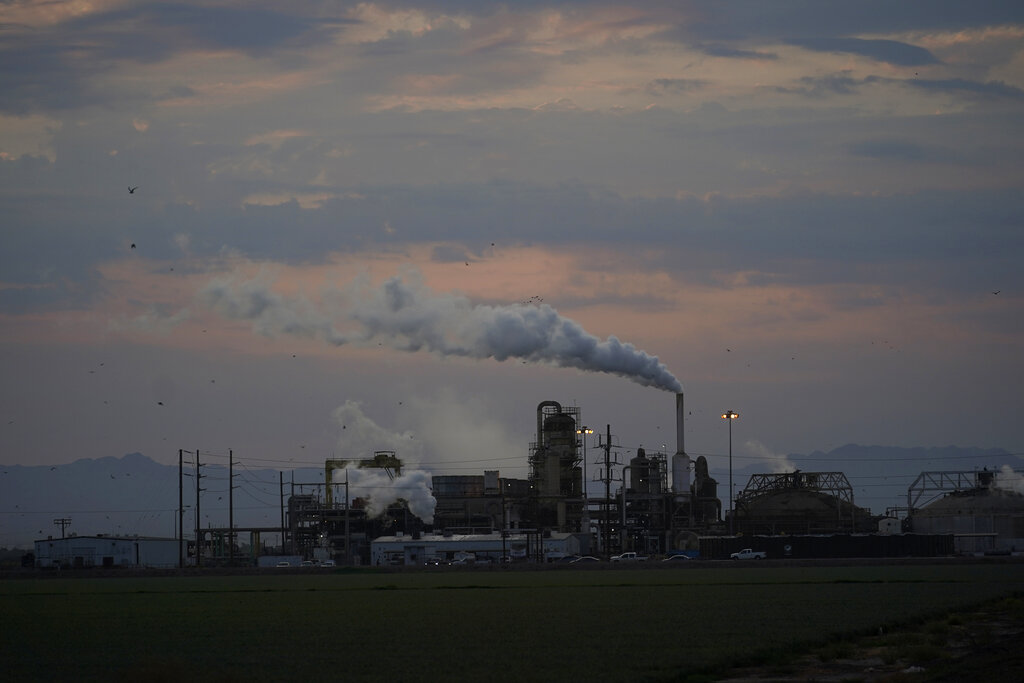Lithium Production: Ukraine’s Chance to Strengthen Europe’s Resource Independence

In the struggle for control over lithium, Ukraine has the opportunity to change the rules of the game, weakening the influence of Beijing and Moscow on Europe’s “green transition”
Europe is in the Trap of Strategic Dependence
The European Union has long ignored the fact that the “green transition” requires not only innovative rhetoric but also control over raw materials. Lithium, without which the production of batteries for electric vehicles, energy storage systems, and mobile electronics is impossible, has become a critical element of the new energy security. Over 80% of global production is currently controlled either by China or its allies through a “resource vertical” – from deposits in South America to processing in Sichuan province. Europe, meanwhile, has turned into a technological consumer without its own access to a strategic resource base. It is precisely Ukraine that has the chance to break this geopolitical asymmetry.
Ukrainian Lithium – The Continent’s Hidden Card
According to estimates by the United States Geological Survey, Ukraine possesses some of the largest lithium deposits in Europe. While not yet fully explored, these resources are estimated to be comparable in volume to the reserves of Portugal – currently the only operational lithium producer in the EU. This primarily refers to three key deposits: Shevchenkivske (Donetsk region, currently occupied), Kruta Balka (Zaporizhzhia), and Polokhivske (Kirovohrad region). In a peaceful scenario, their exploitation could have been scaled up as early as 2022–2023, but Russia’s invasion delayed these plans. However, the war has simultaneously made Ukrainian lithium even more valuable: it is no longer just about economics – it is a tool for Europe’s independence from the Chinese-Russian energy bloc.
Strategic Competition Intensifies: EU vs. Russia and China
Moscow does not hide its ambition to position itself as a future lithium supplier to China. In 2023, “Rosgeologia” announced new investments in Zabaykalsky Krai and Murmansk Oblast specifically to meet the needs of “green cooperation” with Beijing. This is not altruism – it is a tool to consolidate Chinese technological dominance using Russian funds. At the same time, the Kremlin actively blocks the development of Ukrainian deposits, preventing foreign concessions in occupied or frontline territories. For Russia, control over Ukrainian lithium is not only about access to the resource but also a means to prevent Europe’s technological self-sufficiency.
On the other hand, Brussels is aware of its vulnerability. In 2022, the European Commission approved the “Critical Raw Materials Act,” which envisages diversifying suppliers and creating a full production cycle from extraction to processing on European territory. Ukraine is an ideal candidate. Not only geographically but also politically: a future EU member with relatively harmonized legislation and openness to investment. However, the EU is still hesitating with specific concessions, allowing China and Russia to maintain an advantage in speed of action.
How to Leverage Ukraine’s Geo-Economic Potential to Support Europe
The development of Ukrainian deposits could do more than just reduce Europe’s import dependence. It has the potential to create a new cluster in the heart of the continent: with a full production cycle, investments in extraction, refining, processing, and battery production. This is not only a matter of technology but also of regional development: the deposits are located in regions that need post-war recovery and could become the foundation for an industrial renaissance. Furthermore, including Ukraine in the strategic lithium supply chain gives the EU a tool to exert political pressure on other players – from Latin America to Africa.
The key factor that could hinder this scenario is time. If, within two to three years after the war ends, Ukraine fails to attract major players – from European or South Korean battery giants – Russia will seize the initiative, offering China a strategic deal: access to Siberian deposits in exchange for investments in its military-industrial complex and technological protection from sanctions. In such a scenario, Europe could lag behind China by a decade.
For Kyiv, the stakes are equally critical. Control over strategic resources is an argument in EU accession negotiations, a tool for attracting investment, and the foundation of a future export model. If coal and iron are the relics of the past, lithium is a ticket to the world of high-tech economics. However, this ticket will not be valid without legally secured ownership of the deposits, a competitive concession policy, financial guarantees for investors, and transparent mechanisms for revenue distribution.
Ukraine has every chance to become a strategic supplier of energy freedom for the EU. But this requires speed. Not only in legislation but also in international diplomacy: agreements on future concessions must become part of political packages alongside security guarantees. Lithium is not just a metal. It is a geopolitical fulcrum. And if Kyiv and Brussels do not seize it, Beijing and Moscow will. Without competition, without rules – and without prospects for Europe.
Bohdan Popov, Head of Digital at the United Ukraine Think Tank, communications specialist and public figure